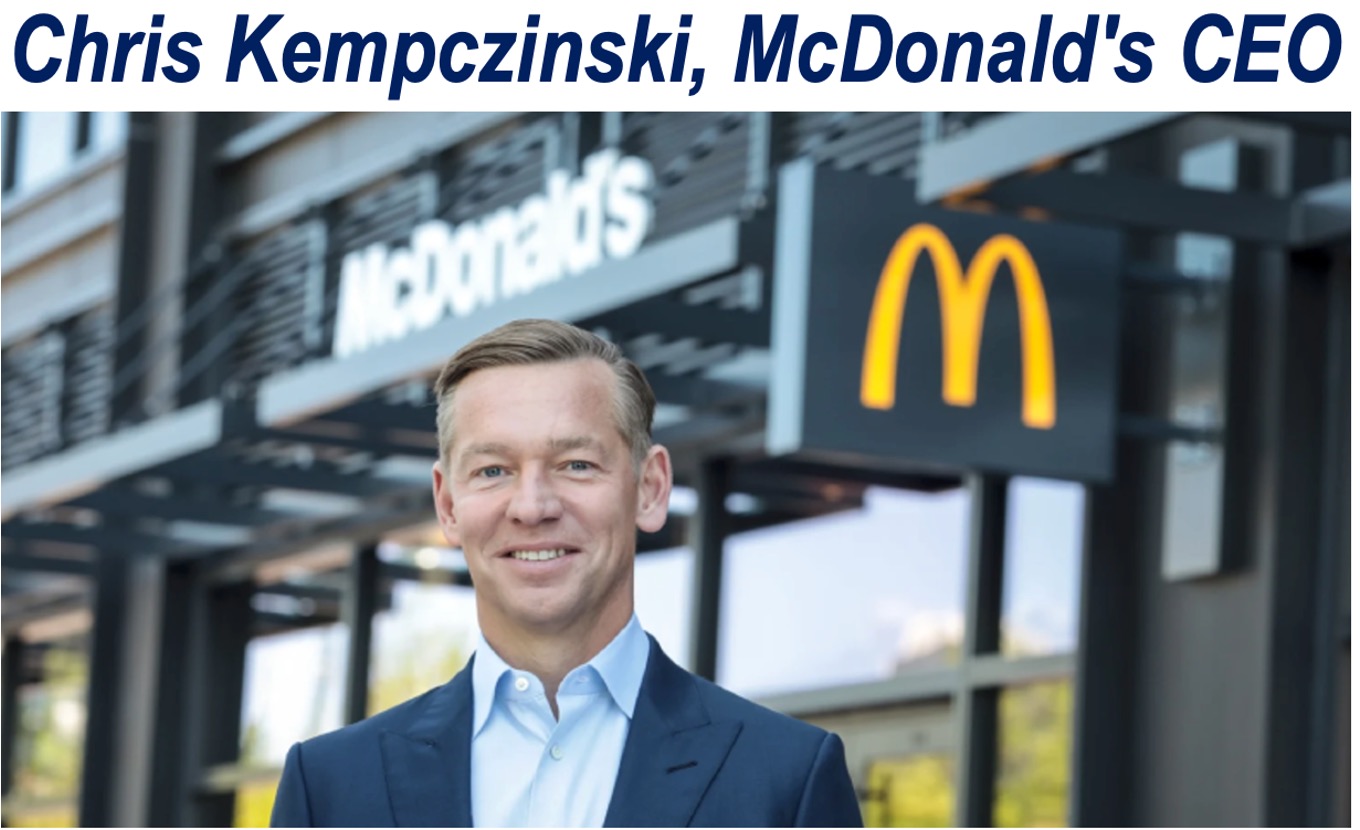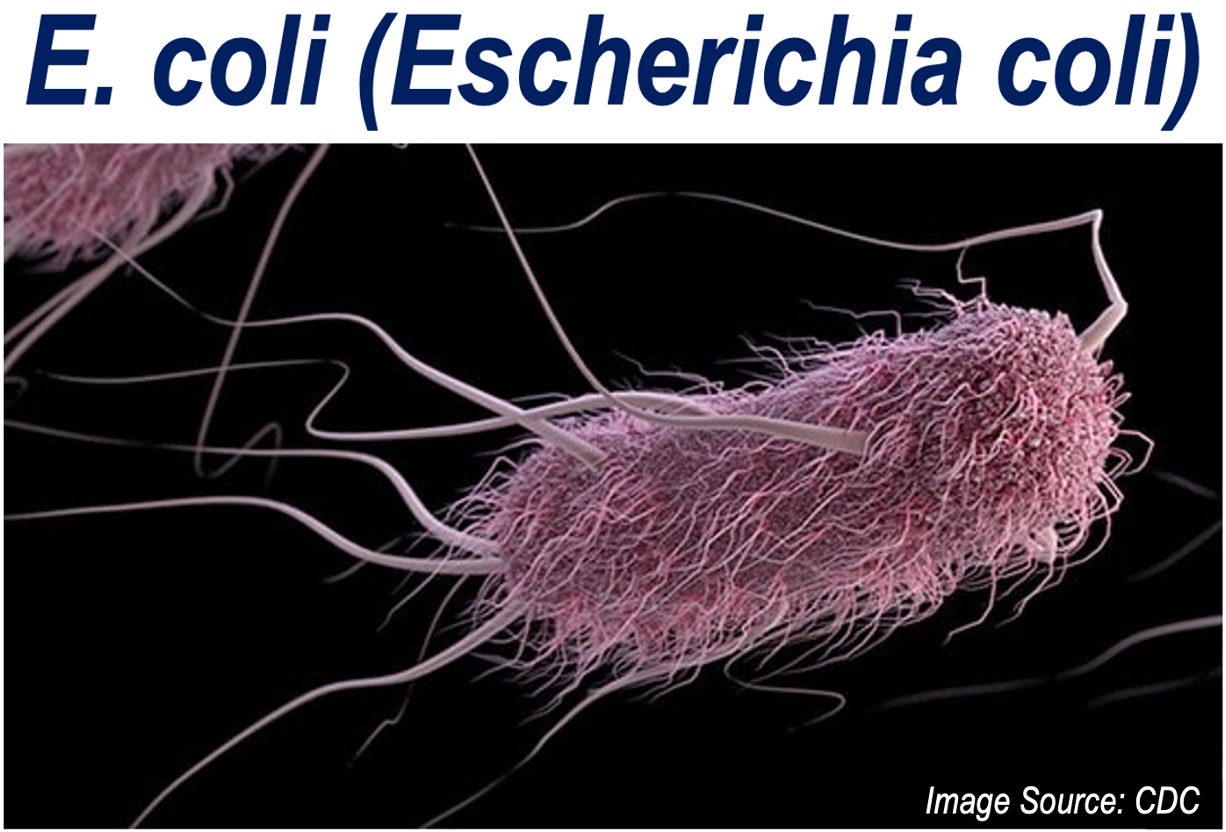McDonald’s believes that its $5 value meals and Big Macs with chicken will help push up visitor numbers to what they were before the outbreak.
During a quarterly earnings call today, Ian Borden, McDonald’s finance chief, said “(there has been an) impact in the US business as a result of the food safety incident.”

Strategies to Restore Sales and Visitor Numbers
Apart from its $5 value meals and Big Macs with chicken, the company said that it may also shift advertising, if necessary, to reassure consumers about the safety of its food.
KTVZ.com quoted Chris Kempczinski, McDonald’s CEO, who said:
“We stand ready to do more if we need to, to make sure that we are bringing the full resources of McDonald’s to bear to re-engage (customers).”
McDonald’s Responded Swiftly
According to food safety experts, the company responded quickly when it learnt about the outbreak, which is why it is likely to recover quickly.
- Quarter Pounders not Culprits
The Colorado Department of Agriculture announced that McDonald’s beef patties that it uses for its Quarter Pounders tested negative for E. coli, even though the customers who became ill had ordered Quarter Pounders.
According to Kempczinski, the E. coli contamination most likely came from slivered onions from a Colorado Springs facility. The company says it has stopped receiving onions from that facility indefinitely.
McDonald’s says that it will resume selling Quarter Pounders in all its restaurants in the United States. According to Wikipedia, the company has 13,449 operating outlets in the US.
What is E. coli?

E. coli (Escherichia coli) is a type of bacterium that normally lives in the intestines of animals, including humans. Most strains are harmless, but E. coli O157, however, can cause serious foodborne illness. The McDonald’s customers who got ill last week were infected with E. coli O157.
People most commonly become infected after consuming contaminated food or water, especially unwashed produce or undercooked meat.
-
Signs and Symptoms of E. coli infection
Symptoms usually begin about three to four days after exposure, and may include:
– Diarrhea, which is often bloody.
– Severe stomach cramps.
– Mild fever.
– Nausea and vomiting.
In severe cases, these symptoms can intensify, and the patient may become dehydrated.
-
What to Do
If you believe that you or someone else may have an E. coli infection, contact a healthcare provider.
You should avoid taking anti-diarrheal medications, which can slow down your body’s ability to eliminate the bacteria.
Drink plenty of water and follow good hygiene practices to prevent spreading the infection to others.
-
Treatment
There is no specific treatment for E. coli infections. Doctors do not generally recommend antibiotics because they can worsen symptoms.
The patient should rest as much as possible, and drink plenty of fluids. In very severe cases, especially when dehydration occurs, the patient may need to be hospitalized.
-
Outlook and Complications
In most cases, the patient recovers within a week.
Possible complications, which are relatively rare, include hemolytic uremic syndrome (HUS), a condition that can cause kidney failure, anemia, and blood clotting problems.
Severe diarrhea may lead to dehydration, which, if left untreated, may become life-threatening.
Early medical attention can help prevent complications and promote a prompt recovery.
